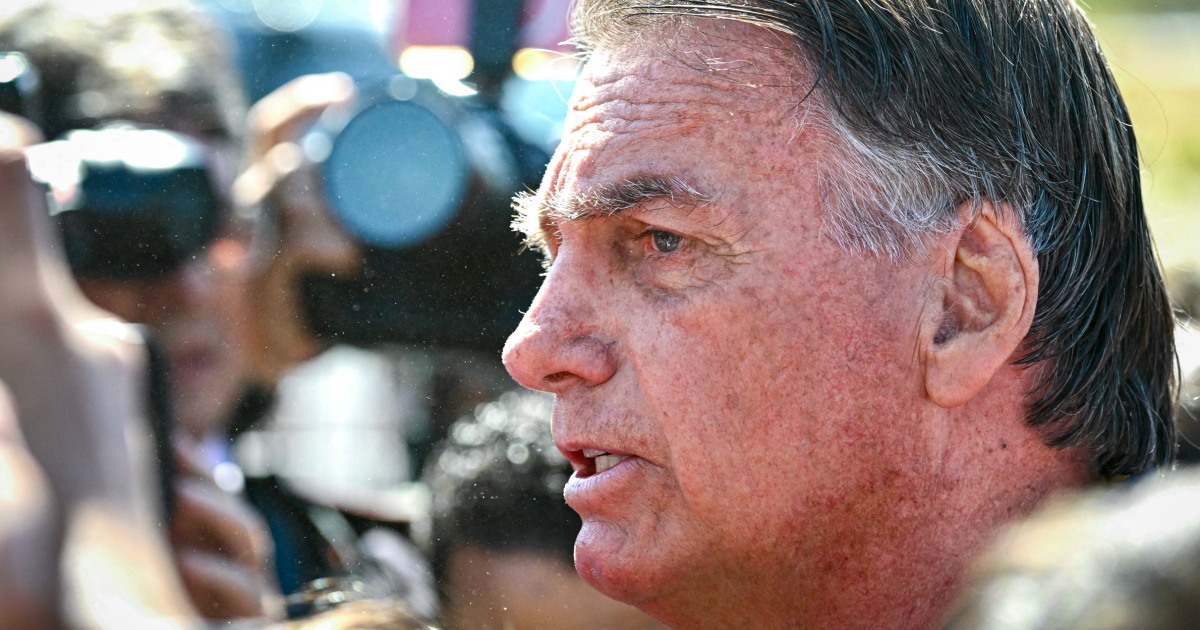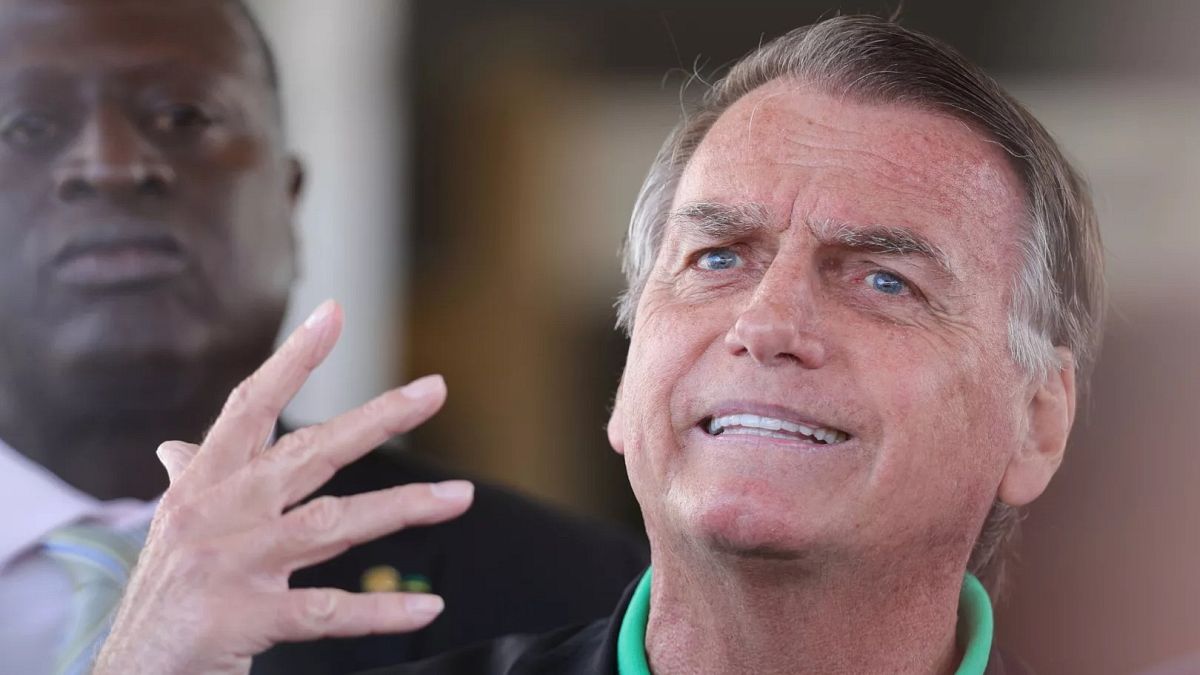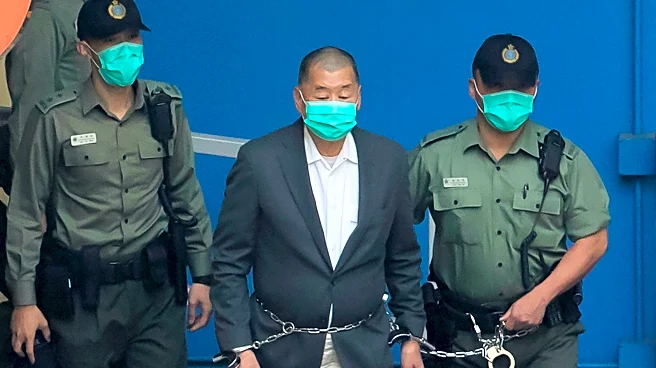In a significant legal showdown, former Brazilian President Jair Bolsonaro faces serious accusations of attempting to stage a coup to overturn the results of the 2022 election. Defeated by leftist leader
Did You Know
Octopuses have three hearts and blue blood.
?
AD
Luiz Inácio Lula da Silva, Bolsonaro's trial is currently underway at the Supreme Court, where he has been ordered to wear an electronic ankle monitor as court proceedings intensify. This case marks a pivotal moment in Brazil’s political landscape, reflecting the deep-seated divisions that have emerged since the election.
The situation has ignited a diplomatic firestorm, as the United States has imposed visa restrictions on Brazilian officials involved in the trial. President Lula, outraged by what he deems an arbitrary interference in Brazil’s judicial affairs, has vocally condemned the U.S. actions, labeling them as baseless and a violation of national sovereignty. This conflict not only underscores Lula's commitment to judicial independence but also highlights the complexities of international relations, particularly as they pertain to a nation's internal governance.
Adding another layer to this saga are the actions of Eduardo Bolsonaro, Jair's son, who is lobbying U.S. officials to exert pressure on the Brazilian judiciary and has faced accusations of inciting hostile acts against Brazil. His attempts to influence foreign policy raise significant concerns about the potential politicization of judicial proceedings in Brazil. As tensions mount between the two nations, the unfolding trial of Jair Bolsonaro serves as a flashpoint, revealing the delicate balance between domestic justice and international diplomacy in a rapidly evolving geopolitical climate.
Q&A (Auto-generated by AI)
What are the visa sanctions' specific terms?
The U.S. visa sanctions specifically target Brazilian officials involved in the trial of former President Jair Bolsonaro, who is accused of attempting to stage a coup to overturn the 2022 election results. The sanctions are described as arbitrary and baseless by Brazilian President Luiz Inácio Lula da Silva, who argues that they interfere with Brazil's judicial sovereignty. While the exact terms of the sanctions have not been publicly detailed, they typically restrict entry into the U.S. for designated individuals.
How does Lula's response reflect Brazil-US relations?
Lula's strong criticism of the U.S. visa sanctions underscores a tense moment in Brazil-U.S. relations. By labeling the sanctions as arbitrary and baseless, Lula emphasizes Brazil's sovereignty and judicial independence. This response reflects a broader historical context where Brazil has often resisted perceived foreign interference, especially from the U.S., which has a complex legacy in Latin America, including past support for military regimes.
What led to Bolsonaro's coup attempt allegations?
The allegations against Jair Bolsonaro stem from accusations that he sought to nullify the results of the 2022 presidential election, which he lost to Lula. Bolsonaro's actions during and after the election, including promoting unfounded claims of electoral fraud, led to investigations into his conduct. His trial at the Supreme Court centers on these coup attempt allegations, reflecting deep political divisions in Brazil.
What is the historical context of US-Brazil ties?
Historically, U.S.-Brazil relations have been marked by periods of cooperation and tension. During the Cold War, the U.S. supported military regimes in Brazil, which led to significant anti-American sentiment. In recent years, relations have fluctuated based on leadership changes, with Lula's leftist government often at odds with U.S. policies. The current visa sanctions highlight ongoing concerns about interference and sovereignty in Brazilian politics.
How do visa bans impact diplomatic relations?
Visa bans can significantly strain diplomatic relations by signaling a lack of trust and respect for a country's sovereignty. They often provoke retaliatory measures and can lead to a breakdown in dialogue. In this case, Brazil's response to the U.S. sanctions may lead to increased tensions, complicating future cooperation on issues such as trade, environmental policy, and regional security.

















